Senior Horse Health
With improvements in healthcare and nutrition, horses are living longer into their late 20's and 30's. Understanding when a horse is considered a senior and how to provide proper care is crucial for equine health management. Your aging horses can enjoy their golden years with better nutrition, lighter workloads, and extra attention to their changing needs.
What Age is a Horse Considered a Senior?
While it varies, most horses are considered seniors around 15-20 years old. However, with proper horse health care and management, many horses remain active well into their 20s and even 30s. The key to senior horse care is recognizing and adapting to their changing needs.
Dental Care: A Cornerstone of Senior Horse Health
Your horse’s teeth wear down as they age. Years of consistent chewing and grinding puts a lot of stress on your horse’s teeth which causes teeth to wear down unevenly, creating sharp jagged edges on teeth and may cause teeth to loosen. Dental issues in senior horses can cause weight loss down the line and can progress past your horse being able to chew hay at all.

Signs for dental problems in older horses are not always obvious. It is important that you keep an eye on your horse during feeding times and watch for signs such as grains dribbling from their mouth or wads of half chewed hay collected in their cheeks.
Abnormal dentition predisposes your horse to weight loss and/or choke. Choke is a common problem in older horses and it may become appropriate to soak their feed with adequate water to help prevent it.
If your horse’s front teeth are missing or badly aligned do not rely on pasture for nutrition as they are unable to graze efficiently as a result.
Due to the above it is important that you have your senior horse’s teeth checked at least once a year.
Best Feed for Old Horses with Bad Teeth
Senior horses with teeth problems will often take longer to eat so it is important that you give them as much time as they need to eat their meals.
Despite dental issue your horse still needs forage. Pelleted forage products such as Timothy or Alfalfa pellets can successfully replace hay in the diet completely. Just make sure that you make the switch gradually. You can add a dose of Mega Dose to ensure they meet all their Vitamin and Mineral needs, including essential vitamin E.
Vaccinations and deworming
As the immune system ages, senior horses become more prone to infectious diseases and parasites. Therefore, routine health care should continue past retirement. For example, mature horses that are kept active along with show horses may need more frequent vaccinations, particularly against diseases such as strangles, herpes, and influenza.
Senior horses with Cushing's disease are at an even greater risk of infectious diseases. Cushing's syndrome causes high blood levels of cortisol, a hormone that decreases the immune system's responsiveness. Regular veterinary exams are essential to monitor for these conditions and adjust care as needed.
Checking for parasites in senior horses is important as they have higher count of fecal strongyle-egg count than younger horses. Internal parasites are small organisms that live out part of their life cycle within the horse’s body with the potential to cause illness. They inhabit specific tissues, organs and systems of the horse deriving nutrients from the horse so that they can continue to grow and develop. Therefore it is important to keep up with a regular deworming program into your horse’s senior years.
Arthritis / joint issues
Joint health issues are constant for horses, and for senior horses, it needs to be a top priority. Unfortunately, most senior horses do have some type of joint condition such as arthritis. Arthritis is a common degenerative joint disease in horses caused by wear and tear damage to the joints that's not repaired. It's often painful and can result in reduced performance, lameness, and immobility.

Best Supplements for Older Horses with Arthritis
Treating arthritis can be difficult, but there are several ways to help manage it in your horse. Oral joint supplements can help improve symptoms of arthritis and, therefore, can help your senior horse. The main ingredients in managing arthritis are:
- Glucosamine: One of the building blocks of cartilage and other connective tissues throughout a horse's body. It incorporates with glucosaminoglycans to lubricate and act as a shock absorber in joints. Trifecta provides 5,000 mg of glucosamine and Equine Joint Guard provides 6,500 mg of glucosamine.
- Methylsulfonylmethane (MSM): A sulfur-containing compound that plays a role in antioxidant function and connective tissue health. The sulfur from MSM is involved in the integrity of collagen, cartilage, and joint fluid. Trifecta contains 5,000 mg of MSM and Equine Joint Guard contains 6,500 mg of MSM.
- Hyaluronic acid: Gives viscosity to joint fluid and suppleness to cartilage. Trifecta and Equine Joint Guard contain 100 mg of HA per serving.
Complete vitamin/mineral package: helps to provide other crucial components to healthy joints such as copper, zinc, manganese, and vitamin C.
- Copper: is required for the production of normal connective tissue, which includes tendons and ligaments and the framework of bones and cartilage lining of the joints.
- Zinc: functions as an antioxidant that helps to remove free radicles that damage tissues and cause inflammation.
- Manganese: is essential in the body’s ability to produce chondroitin sulfate which maintains normal joint cartilage and repairs cartilage.
- Vitamin C: also functions as an antioxidant that protects tissues and is necessary for collagen formation.
Hoof Care
As your horse ages, their body composition changes including muscle loss and weight fluctuations which in turn impact your horse’s hooves and feet. It is important that you keep up with regular trimming. Many senior horses have arthritis and letting their feet get long puts more stress on their joints. It is also important to pay attention to uneven wearing of your horse’s hooves, how your horse stands and

moves and to the health of their hoof wall by looking out for chips, cracks and flares. Remember prevention is the best way to keep your senior horse happy and healthy.
Biotin is a vitamin that is essential for metabolizing fats, amino acids, and carbohydrates. It also plays an important role in the production of keratin and collagen, which are essential for healthy hair, skin, and hoof growth. Biotin is water-soluble, which means that the body can’t store it. Therefore, it’s important to provide your horse with a daily Biotin supplement to meet its needs. Biotin has been proven to promote normal hoof growth, healthy hair, and prevent scaly hooves. It can also help prevent against laminitis, thrush and hoof abscesses.
The amount of Biotin that your horse needs varies depending on its age, health, and diet along with the ailments that are creating issues for them. We have three different stand-alone hoof supplements and 2 combination products that contain a hoof supplement in them as well. Equine Hoof Guard provides 32 mg of Biotin, plus Zinc, Methionine, and MSM per 2-ounce scoop. This product is great for horses whose hooves are slower growing and easy to crack. For more severe hoof issues, I recommend Biotin Hoof Blast with 100 mg of Biotin, plus Zinc, Methionine, and MSM per 2-ounce scoop. If you are looking for an easy to feed complete supplement, Mega Dose & Trifecta both contain a hoof supplement that includes 32mg of Biotin with MSM, Zinc, and Methionine.
Exercise and Movement: Keeping Your Senior Horse Active
Your senior horse doesn't know they are a senior. While their body might be a little stiffer they don't wake up one day thinking about retirement. Vets & equine professionals agree the best thing for an arthritic horse is movement. Turn out, easier trails or lower intensity work paired with a joint supplement like Trifecta will keep your horse comfortable for the long run.

Regular exercise is crucial for maintaining muscle tone and joint flexibility in aging horses. However, it's important to adjust the intensity and duration of exercise to suit your senior horse's capabilities. Can you ride a 30-year-old horse? In many cases, yes, but it's essential to consult with your horse vet and tailor the riding regimen to your horse's individual needs.
Daily Checks
Check on them daily checking for any scratches, bumps and any other signs of injury or problems. Watch for changes in body condition, behavior and attitude. Address any problems straight away. This is especially in important with horses with Cushing’s Disease as they tend to take a longer time to heal
Your senior horse may not be able to regulate their body temperature as well as they used to. In the summer, make sure they have access to shade and avoid work that could overheat them. In the winter, provide access to shelter and use blanketing as appropriate to your horse's needs.
Endocrine Concerns
Older horses are put at a higher risk for Cushing's, insulin resistance, and other metabolic disorders. Cushing’s disease is common in senior horse’s and is caused by a benign tumor in the pituitary gland. Symptoms include weight loss, foot problems, laminitis, fatigue.
Flaxen Flow, our 100% flax oil, can help reduce blood sugar spikes and aid in glucose metabolism. Omega-3 fatty acids, found in flax oil, can also support overall health in aging horses.
Digestion Concerns

Your horse’s gut health is central to every aspect of their health. When your horse has difficulty digesting food or absorbing nutrients this can lead to a range of health problems such as weight loss, nutrient deficiencies, constipation, diarrhea, and other intestinal issues. As our horse ages the quality and health of their intestinal lining decreases.
If your senior horse is struggling to maintain weight, consider adding Super Weight Gain to their diet. It's a combination of a gut supplement with prebiotics, probiotics, and live yeast cultures to help stabilize the gut flora, helping them get more out of the feed they are consuming. It also includes a complete vitamin-mineral supplement to meet any deficiencies, along with a cool-energy base of full-fat extruded soybeans which are high in protein and fat to help put on weight and build topline.
Conclusion: Comprehensive Care for Your Senior Horse
Caring for a horse in its golden years requires attention to detail and a comprehensive approach to equine health management. From regular veterinary exams and dental care to appropriate exercise, nutrition, and supplements, every aspect of your senior horse's life needs careful consideration.
Remember, what you feed a 30-year-old horse may be different from what you feed a younger horse. Senior horse supplements can play a crucial role in maintaining health and addressing specific concerns like joint health and digestion.
By staying attentive to your aging horse's changing needs and working closely with your horse vet, you can ensure that your equine companion enjoys a comfortable and healthy senior life. With proper care and management, many horses can remain active and happy well into their advanced years.

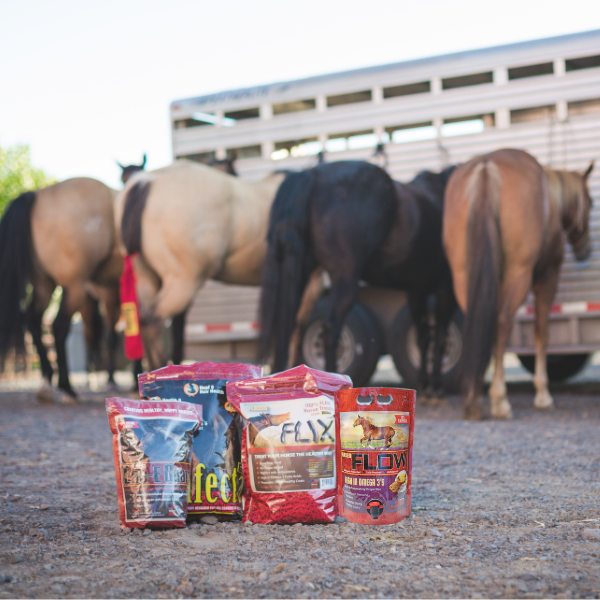
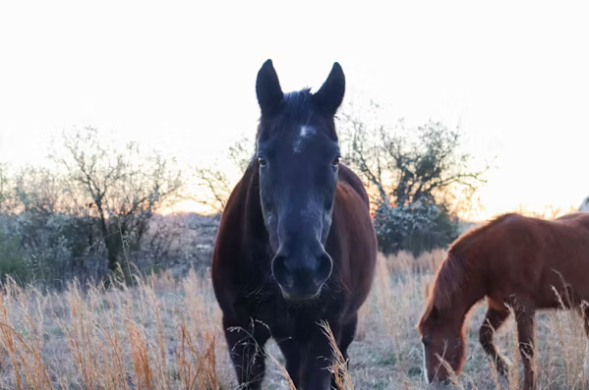
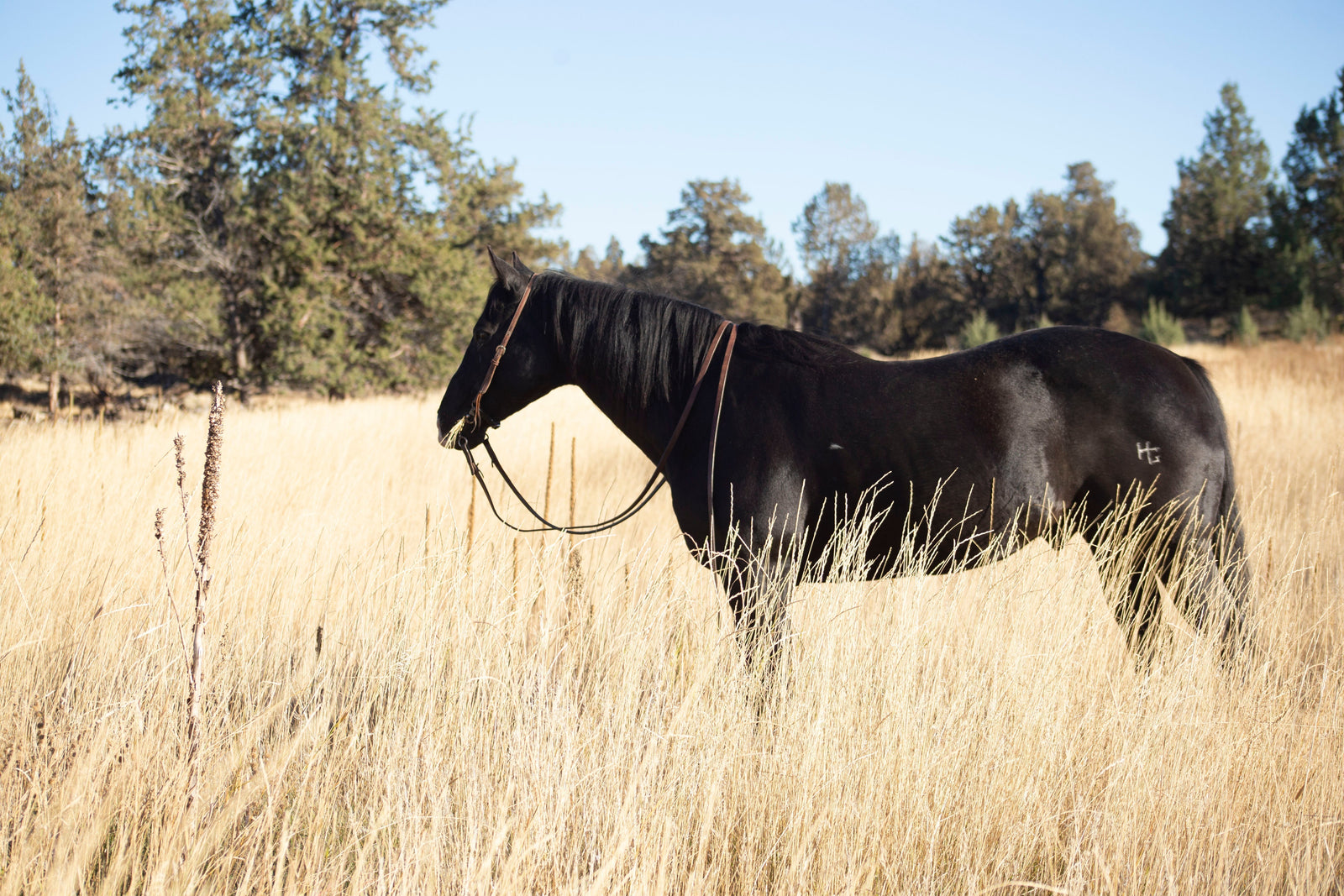
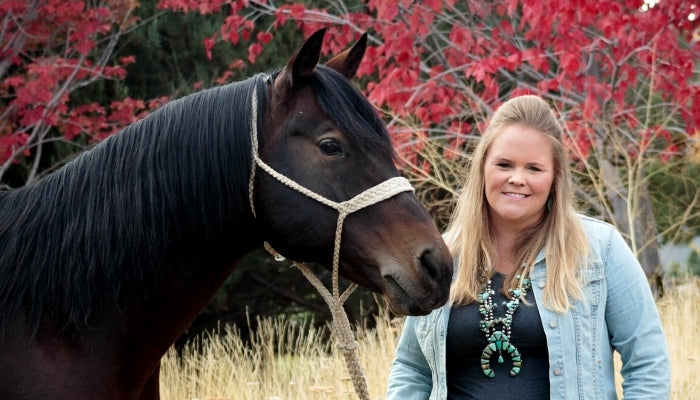
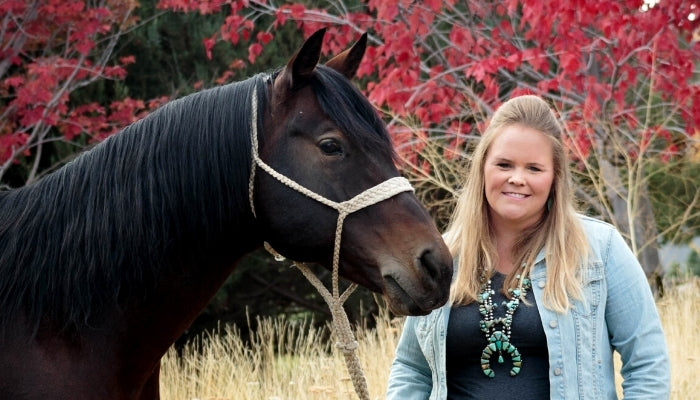
Leave a comment (all fields required)